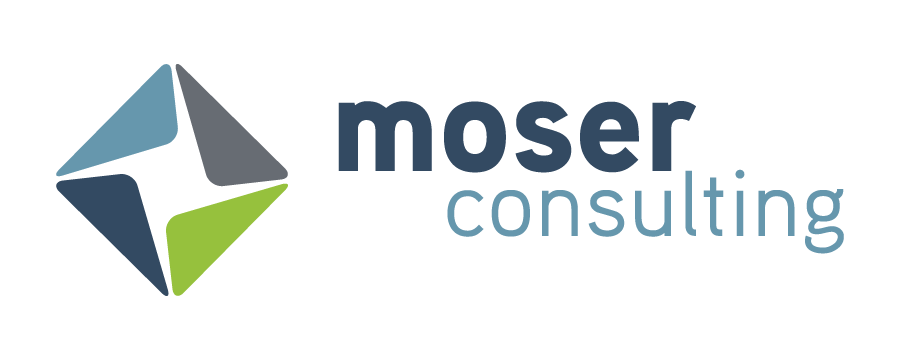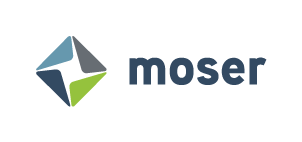
LEARNING SERVICES:
Empathy
Empathy helps build trust and understanding between colleagues, leading to better collaboration and a more harmonious work environment overall. Managers with good empathy skills are able to recognize employees’ feelings and respond accordingly, creating an atmosphere of respect and appreciation that helps boost morale.
Managers with empathy skills are better able to read their teams’ body language and facial expressions, which can give important clues about how they are feeling. This helps them adjust their approach as needed and make sure that employees feel empowered and valued. Ultimately, training managers in empathy increases productivity, reduces stress in the workplace, and helps retain top talent.
By investing in empathy training for managers, businesses can create an office environment that encourages creativity, collaboration and innovation. Investing in empathy skills is a vital step towards creating a successful workplace culture.
The cost of not applying empathy to situations could be more costly than the initial investment, as it can lead to a lack of trust and respect between colleagues, lowered morale, decreased productivity and high turnover rates. Therefore, investing in empathy training for managers is essential for businesses that want to foster an atmosphere of understanding and collaboration.
Additionally, when managers lack empathy, it can create an uncomfortable atmosphere in the workplace, as employees feel they are not being heard or taken seriously. This leads to resentment and a lack of motivation, significantly reducing productivity. Furthermore, managers who do not demonstrate empathy miss out on opportunities for better understanding their team’s needs, leading to them making decisions without fully considering the larger issues.
Moser Learning offers four different types of empathy training programs to help drive your leadership forward. Each program is a 2-hour customized session which can be virtual or in-person for your team.
TRAINING CLASS NO. 1
Human-Centric Skills: How to Create a Culture of Empathy at Work
Are you doing what it takes to help your people survive, stabilize, and thrive at work? 85% of workers report a decline in their overall wellness over the last year. Your people feel over-whelmed and under-equipped; they crave meaningful support. A recent report on workplace empathy showed that 76% of employees directly linked productivity to the presence (or absence!) of empathy. How your organization supports people in the midst of hard times matters; it drives retention, helps to attract talent, alters brain chemistry, and lets people know that you truly care.
What is you could feel empowered to competently care for yourself and those around you at work? In this interactive, reflective session, workplace empathy expert Liesel Mertes empowers people to be workplace first responders, offering empathy and connection when it matters most.
Attendees will learn:
1. What is empathy and why does it matter at work
2. How to build the necessary skills to communicate and support your people as they deal with disruptive life events
3. Strategies to effectively create buy-in to expand empathetic engagement within your organization
TRAINING CLASS NO. 2
Survive, Stabilize, Thrive: Combatting Compassion and Change Fatigue at Work
How do we build cultures of care when we feel personally exhausted and overwhelmed? The unrelenting stress of rising inflation and continued COVID uncertainty, coupled with client demands, is leading to change fatigue and exhaustion at work. This partners with compassion fatigue, the emotional residue of exposure to the grief or trauma of others, and inhibits our ability to connect.
What if you could feel equipped to meaningfully combat change/compassion fatigue in the face of unrelenting demands? In this interactive and inspirational session, workplace empathy expert Liesel Mindrebo Mertes will equip you with strategies to boost mental wellness and combat both change and compassion fatigue.
Attendees will learn:
1. Identify signs of compassion/change fatigue
2. Create positive internal messages for times of stress
3. Engage in embodied and community-based practices that reduce stress and overwhelm
TRAINING CLASS NO. 3
Empathy: The Key to Great Customer Experiences
Empathy and human connection are a cornerstone of great client experiences. Building on the foundation of the Human-Centric Keynote (a prerequisite), this interactive session helps sales and customer-service representatives to practice foundational skills of empathetic engagement.
Based on organization-specific feedback (gathered in pre-session surveys), we will work through some of your most common, customer-facing pain points. Utilizing skills like emotional mirroring, detachment, and avatar-reflection, participants will emerge equipped to flip the script on escalating customer interactions, instead creating unforgettable moments of human (and brand!) connection.
Attendees will learn:
1. Utilize emotional mirroring to diffuse situations
2. How to flip the script on an escalating situation
3. Practice three imaginative scenarios that boost client success
TRAINING CLASS NO. 4
Resilient Teams: How Healthy Communities
Unleash Thriving
Are you doing what it takes to help your people survive, stabilize, and thrive at work? 85% of workers report a decline in their overall wellness over the last year. Your people feel over-whelmed and under-equipped; they crave meaningful support. A recent report on workplace empathy showed that 76% of employees directly linked productivity to the presence (or absence!) of empathy. How your organization supports people in the midst of hard times matters; it drives retention, helps to attract talent, alters brain chemistry, and lets people know that you truly care.
What is you could feel empowered to competently care for yourself and those around you at work? In this interactive, reflective session, workplace empathy expert Liesel Mertes empowers people to be workplace first responders, offering empathy and connection when it matters most.
Attendees will learn:
1. Identify myths and misinformation around resilience
2. Cultivate replicable practices to boost resilience
3. Co-create strategies for resilience in your work community




